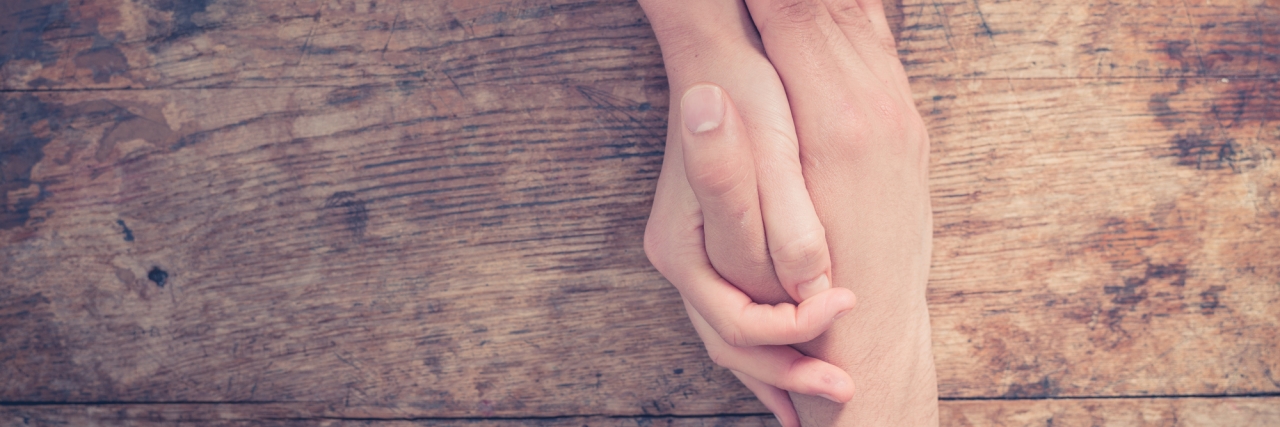It took 30 years before I was diagnosed with the rare, chronic illnesses of Ehlers-Danlos syndrome, type 2 and 3, postural orthostatic tachycardia syndrome (POTS) and Marfan’s syndrome (atypical).
• What is Ehlers-Danlos Syndrome?
• What Are Common Ehlers-Danlos Syndrome Symptoms?
It affects every part of me.
Before that day, I was completely alone in dealing with my body. My constant injuries and frequent illnesses were called “attention seeking” by family, doctors and my school. I was smacked for needing hospital. Finally, I was told (in these unforgettable words), “You are a first generation genetic mutant.” I laughed hard because their abnormal was my normal, whatever the label. What they meant was I have two rare un-inherited genetic conditions, almost never seen together before by national specialists. Both occur in any race or ethnic group.
Every day I hurt.
The pain is frightening because it’s so severe, endless and random. Sometimes I panic and desperately wish for painkillers that don’t exist yet. “Pain reducers” are all there is.
My joints dislocate, so I wake up and my jaw is stuck.
Enjoying a fairground ride knocked one of my kidneys out of place.
Filing papers at work dislocates my fingers.
My body won’t learn dancing or running, so I don’t always fit in.
My skin splits open for no reason and won’t heal.
I break bones so easily, treading on my foot puts me in plaster for months.
Catching infections badly means I often miss out on great plans.
Standing to queue in shops makes my heart hammer.
My blood pressure falls and I often pass out in public.
My red cells are malformed, so I’m short of oxygen.
Sometimes I cry, and there is nothing wrong with that. This is just a small sample of my ordinary life. I’d like you to know these five things, to help myself and others with rare and chronic conditions overcome life’s daily barriers:
1. Please don’t remind me of what my body won’t do. I’ve had two fantastic careers, travelled, and taken part in some awesome active challenges. I get ill or injured just lying in bed, so why restrict myself? I chose to minimize any risks and join in if I want to. Guarding or worrying about me burdens me. It helps me if you remember that I don’t think I’m ill, disabled, defective, different or suffering terribly even now (unless it’s from your intolerance, arrogance or unkindness). This is the only body I’ve ever known.
2. Before diagnosis, my medical notes said “attention seeker.” Now I’m deteriorating and not working, they say “poorly adjusted to diagnoses.” If you’re a doctor, please know that I have to put my positive abilities and optimism before your negative opinions and predictions, particularly when you can’t show me your crystal ball! I might improve again. How can you know I won’t?
3. Please don’t make personal remarks without thinking. I’ve never shared this before, but was told after a miscarriage that any children I might have were likely to die. Naturally, choosing to avoid this unimaginable agony means I must regularly throw out natural thoughts comparing myself to others. I have to ignore those who tell me I’m “selfish” or make insensitive comments. Mostly, I focus on enjoying what I do have as much as possible.
4. I never mind questions about my health, but please resist finding and showing me articles on “people like me.” I already know firsthand!
5. Finally, I have learned your attempts to help are always best taken as they are meant, and not as wrong, clumsy or proof you can’t know how I feel. We are all human.I always appreciate kindness. I choose to believe that we have far more in common than separates us.

